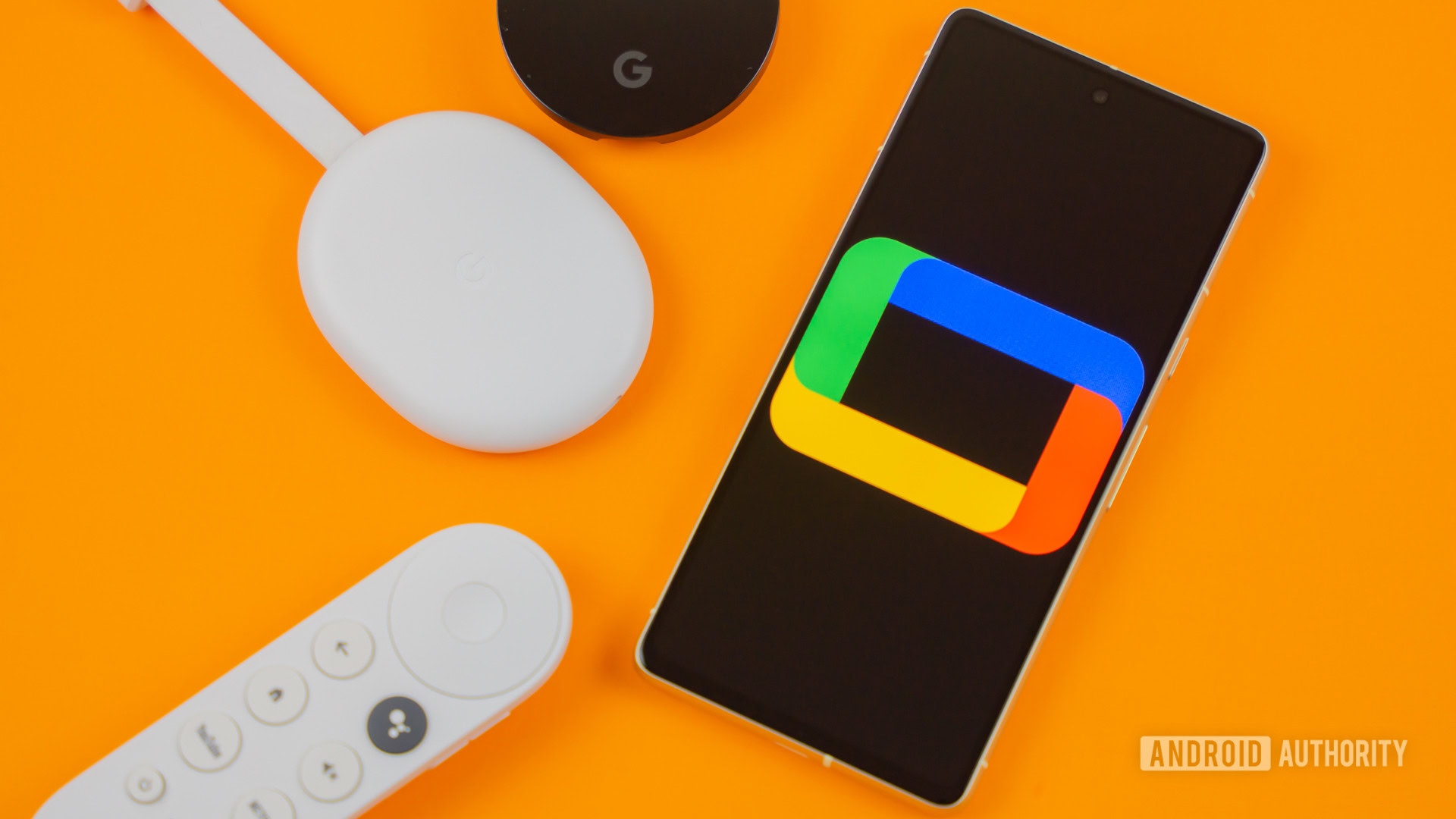TOMORROW is World Maternal Health Day, raising awareness of mums’ mental health before, during and after pregnancy.
About one in ten pregnant women and 13 per cent of new mothers experience depression or a similar disorder, according to the World Health Organisation.
These experiences can affect the mum and child’s health, and suicide risk has to be considered too – it is a leading cause of maternal deaths in the UK within a year after childbirth.
More needs to be done to support these women, many of whom told the Royal College of Obstetricians and Gynaecologists that they felt let down by lack of care.
The Maternal Mental Health Alliance is leading the calls for change, saying mental health should be valued just as much as physical.
You can visit its website to see how you can help.
See maternalmentalhealthalliance.org.
Many women feel tearful, a bit low or anxious in the first few days after giving birth.
This is very common and often referred to as “baby blues”.
However, symptoms should be manageable, and if they last longer than two weeks or start later, they are more likely to be perinatal depression.
Other symptoms include negative thoughts, loss of interest in things, despair, hostility, irritability, withdrawal or lack of appetite.
If you are worried about someone, let them know and offer to support them in seeking help from the GP or health visitor.
If you yourself are suffering, please reach out to others to talk, whether it be your midwife, relative or partner.
Here’s a selection of what readers have asked me this week.
NO SEX FOR YEARS DUE TO PESSARY
Q) ABOUT 15 to 20 years ago my partner had a pessary fitted and we have not had intercourse since.
Up to three times a year, she goes to have it checked.
She says she can’t have sex, but is that true or just an excuse?
I would appreciate any advice.
A) A pessary is a small, flexible device placed into the vagina to provide support for organs such as the uterus, bladder, or rectum, in cases where they may have shifted out of their normal positions.
You can think of it like a supportive cushion or brace for these organs, helping to hold them in place and alleviate symptoms such as pelvic pressure, urinary incontinence, or difficulty with bowel movements.
Regular check-ups are important to assess the pessary’s fit and make any necessary adjustments to ensure it continues to provide optimal support.
A pessary can indirectly affect sexual function or libido in some people.
For example, it may cause discomfort or irritation in the vaginal area, making sex uncomfortable or painful.
Some people with pessaries may experience changes in mood, self-esteem and confidence due to their condition or the need to use a pessary, which can influence how they perceive themselves sexually.
Try having an open and honest conversation with your partner about her feelings, concerns, and any challenges she may be experiencing.
Her doctor can provide guidance on any sexual limitations or accommodations that are necessary.
Ultimately, open communication, mutual understanding, and support are all important to navigate this situation with care and respect for both of your needs.
Q) I AM a 69-year-old male with diabetes and I should lose weight, but even when I try I am nearly constantly hungry.
I had the big toe on my right foot amputated because of diabetes and also fought prostate cancer in 2020.
It is not easy for me to lose weight because of my mobility problems.
A) It is not uncommon for people with diabetes to struggle to feel full, even after eating.
Insulin resistance and blood sugar fluctuations can disrupt appetite- regulating hormones, leading to increased hunger.
Some diabetes medications, like gliclazide, can cause low blood sugar, and this can trigger hunger.
Diabetes complications like gastroparesis (reduced gut function) can affect nutrient absorption.
Psychological factors and emotional eating may also play a significant role in some people.
Hunger is not something that people can ignore long-term, even with the best willpower.
It is innate to seek food when our brain registers hunger.
So do not blame yourself, but do seek support from your healthcare team if you are motivated to lose weight.
Ask if there is a Tier 3 weight-management service in your area to support you. A change to your medication could help.
While gliclazide can drive hunger, an injectable diabetes medicine called semaglutide suppresses hunger.
In the meantime here are a few dietary tips that may help:
- Hydrate your body well, as the brain can misinterpret thirst as hunger.
- Gradually increase fibre-rich foods in your diet.
- Fibre helps you feel fuller for longer and it also aids in regulating blood sugar levels and supporting digestive health.
- Lean proteins, like poultry, fish, tofu and legumes, as well as healthy fats, like nuts, olives, sardines, mackerel, yoghurt and avocado, can help control hunger too.
- Using smaller plates to control portion sizes and having salad or soup before a meal can prevent overeating while boosting veg and fibre intake.
- Some people benefit from going on a gentle walk after a meal so the body can absorb nutrients better.
- Remember to listen to your body’s hunger and fullness cues, and don’t hesitate to adjust your meal plan to find what works best for you.
Tip of the week
LOTS of us suffer from the mid-afternoon slump at work.
I’d first suggest more sleep, if you get six hours or less a night.
Second, avoid complex carbs at lunch – white bread, white pasta or sugary drinks.
Wholegrain alternatives, plus fibre from fruits and vegetables, can prevent an excessive blood-sugar spike and crash in the afternoon.
What will ease my back pain?
Q) I AM suffering from back pain.
What medication will work best to help me?
A) First let’s understand what back pain is.
The spine is made up of a long column of short bones, called vertebrae, stacked on top of each other.
There are small cushions between each vertebra called discs.
These are shock absorbers to cushion the spine and allow movement.
Muscles and ligaments surround the spine to provide support and stability for movement.
Back pain can happen when any part of the spine, muscles or ligaments is injured, strained or irritated.
This can happen for several reasons including poor posture, lifting heavy objects, injury, infection as well as chronic conditions like arthritis.
Nerves branch out from the spinal cord, sending messages between the brain and the rest of the body.
The brain interprets pain signals differently depending on the type and duration of nerve signals.
Injury and irritation can also trigger an inflammatory response. This causes swelling and can exacerbate pain further.
There is no single “best” medication for back pain because there are so many different types.
Treating the pain will be specific to the underlying cause and severity of symptoms.
Of course, there are general remedies, like over-the-counter painkillers and gentle exercise to strengthen the back muscles.
For persisting or intense pain, it’s best to seek support from a doctor, or physio, who can assess you and provide tailored advice.
AVO ‘CAN BEAT DIABETES’
EATING just a quarter of an avocado per day is linked with a lower risk of diabetes, particularly in women, a study suggests.
Researchers studied the diets of 25,640 adults aged over 20, of whom 60 per cent had abdominal obesity.
Participants in Mexico self-reported their diet for seven days in 2012, 2016 and 2018.
Around 45 per cent ate a quarter of a typical avocado daily – a portion of 30 grammes for women, with the men having 4g more.
Of this sample, 22 to 29 per cent of the women had lower risk of developing diabetes, according to the findings published in the Journal of the Academy of Nutrition and Dietetics.
But this protective effect of avocado consumption was not observed in men.
Researchers suggested this was because men in the study were more likely to smoke and binge drink, which can increase the risk of type 2 diabetes.
Avocado eaters tended to have higher education status, more money and generally a healthier diet.
However, these factors were accounted for when measuring the impact of the fruit on the risk of developing diabetes.
It’s not the first time avocados have shown to be potentially protective against diabetes.
Previous research has shown that people who eat them with a meal have lower blood glucose spikes.
Avocados contain a wide range of nutrients, including monounsaturated fatty acids and fibre, which are associated with better glucose control.
They can be chopped in salads, smashed on toast with salt and pepper, or added to a smoothie to make it creamy.
TEEN BRAIN VAPE FEAR
VAPING may damage teens’ brains because liquids in e-cigarettes contain toxic metals, researchers say.
Vapes are assumed to be safer than real tobacco because they do not contain tar, but scientists are still learning about the health effects of e-cigarettes.
A study by the University of Nebraska divided 200 teenagers into frequent, occasional and intermittent vapers.
Biomarkers in the urine were then assessed for the presence of the metals.
Frequent and intermittent e-cigarette users had higher levels of uranium and lead in their urine than those who vaped occasionally – although the study did not compare them to teens who did not vape.
Those who used sweet flavour vapes (15.2 per cent) had higher uranium levels compared to those who preferred mint or menthol (33 per cent).
The researchers wrote: “This study reported increased urine lead and uranium levels associated with vaping frequency.
“E-cigarette use during adolescence may increase the likelihood of metal exposure, which could adversely affect brain and organ development.
“These findings call for further research, vaping regulation and targeted public health interventions to mitigate the potential harms of e-cigarette use.”
Kevin McConway, emeritus professor of applied statistics at the Open University, commented: “I certainly don’t want teenagers to vape.
“But it’s far too early to say that metals like lead or uranium coming from e-cigarettes are dangerous to the health of adolescent vapers.”

Sarah Carter is a health and wellness expert residing in the UK. With a background in healthcare, she offers evidence-based advice on fitness, nutrition, and mental well-being, promoting healthier living for readers.








